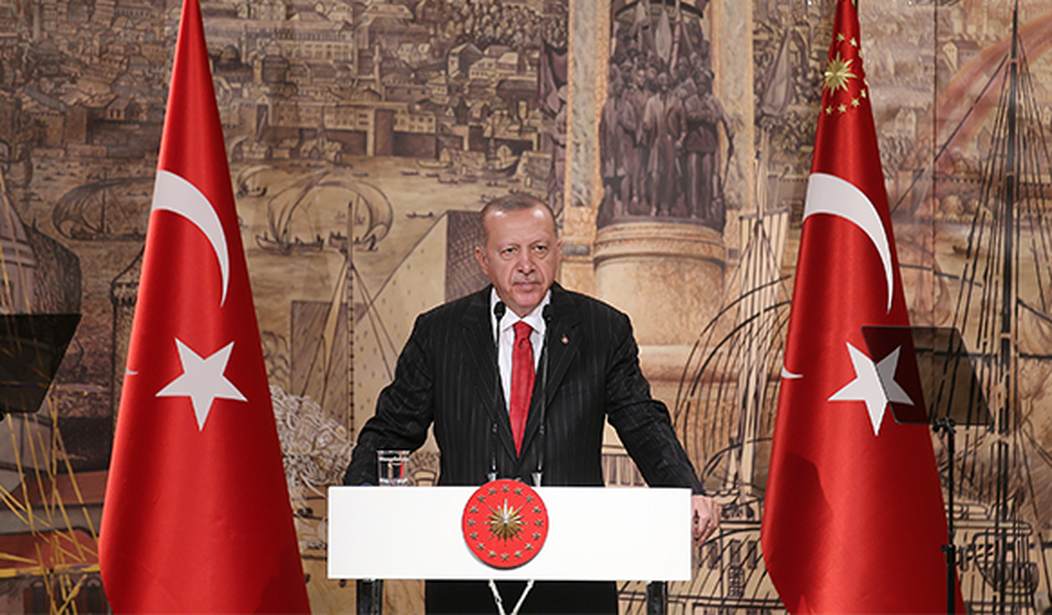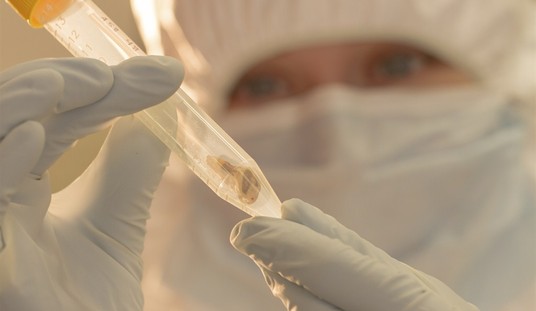Economists have been predicting for months that 2023 would be the year Russia’s economy finally felt the full impact of sanctions and US-European price caps on oil sales. But a recent estimate from the IMF suggests things are improving in both Europe and Asia with the biggest improvement being seen in Russia.
In its latest forecast released on Tuesday, the IMF highlights the resilience and adaptation of the European economy in the face of Russia’s war in Ukraine, the energy crisis and soaring inflation, but warns risks and uncertainty remain elevated…
The steepest improvement is seen in Russia, which, despite a vast array of Western sanctions, is now projected to grow 0.3% in 2023 – a massive jump from the –2.3% contraction estimated in October.
The IMF says Russia is finding new clients outside the West by redirecting trade “from sanctioning to non-sanctioning countries.” Strong government spending to sustain the army and the invasion of Ukraine has also helped maintain economic activity amid the upheaval.
But, Koeva Brooks warned, the impact of Western sanctions is yet to materialise in full.
“The Russian economy is quite dependent on capital goods coming from Western countries. As time goes by, the impact of those sanctions, we expected it to be actually higher,” she told Euronews.
Russia will still pay a price for this 4-5 years from now as they are cut off from high tech parts but right now they may avoid a recession this year and next year the IMF predicts they could see 2.1% growth which isn’t great but certainly isn’t terrible given the current circumstances.
So how are they managing this? They have lots of help from their friends looking to cash in on their need to operate outside of western sanctions.
A strange thing happened with smartphones in Armenia last summer.
Shipments from other parts of the world into the tiny former Soviet republic began to balloon to more than 10 times the value of phone imports in previous months. At the same time, Armenia recorded an explosion in its exports of smartphones to a beleaguered ally: Russia.
The trend, which was repeated for washing machines, computer chips and other products in a handful of other Asian countries last year, provides evidence of some of the new lifelines that are keeping the Russian economy afloat. Recent data show surges in trade for some of Russia’s neighbors and allies, suggesting that countries like Turkey, China, Belarus, Kazakhstan and Kyrgyzstan are stepping in to provide Russia with many of the products that Western countries have tried to cut off as punishment for Moscow’s invasion of Ukraine.
One analyst told the Times that China and Turkey are responsible for most of the surge in global exports to Russia. China’s behavior isn’t a surprise but Turkey is NATO member and shouldn’t be stepping in to help Russia. In fact, Turkey is being a general pain in NATO’s rear end right now, threatening once again to refuse to accept Sweden’s bid to join NATO, though that argument may have been intentionally spurred by Russia.
Turkey will vote in mid-May for president and parliament, and opinion polls show that Mr. Erdogan and his Islamist party, Justice and Development, are facing difficulties, largely because of a dire economy and high inflation.
As he faces mounting domestic challenges ahead of the vote, Mr. Erdogan has been trying to focus attention elsewhere, and has been raising fresh objections to Sweden and Finland’s NATO membership bids, suggesting he might further delay the process after his initial threat to block them. Sweden and Finland insist that together they will stay the course…
Mr. Erdogan has fewer issues with Finland, although he has demanded — and received — some toughening of laws against terrorism in both Sweden and Finland. But he has raised further doubts about Turkey’s willingness to approve Sweden’s NATO application after a far-right politician burned a Quran at a small demonstration near the Turkish Embassy in Stockholm on Jan. 21. The politician, Rasmus Paludan, is suspected of having “certain connections in his vicinity” to Russia, said Finland’s foreign minister, Pekka Haavisto, on Saturday.
The Koran burning looks like dirty trick designed to stir up this exact response.
Sweden’s government hasn’t commented publicly on any link between Paludan and Russia, but Prime Minister Ulf Kristersson this week noted “forces that may want to keep the nation out of the military alliance.”
“There are forces both within Sweden and outside who wish to hinder Sweden’s membership in NATO,” Kristersson said. “It’s against that background we need to see the provocateurs who wish to worsen Sweden’s relations with other countries.”
Turkey and Hungary are the only two of NATO’s 30 members who’ve yet to ratify the applications of Finland and Sweden.
Meanwhile, Russia’s allies are also helping it sell it’s most important export: oil.
Ami Daniel, the chief executive of Windward, a maritime data company, said he had seen hundreds of instances in which people from countries like the United Arab Emirates, India, China, Pakistan, Indonesia and Malaysia bought vessels to try to set up what appeared to be a non-Western trading framework for Russia.
“Basically, Russia has been gearing up toward being able to trade outside of the rule of law,” he said.
Mr. Daniel said his firm had also seen a sharp uptick in shipping practices that appeared to be Russian efforts to contravene Western sanctions. They include transfers of Russian oil between ships far out at sea, in international waters that are not under the jurisdiction of any country’s navy, and attempts by ships to mask their activities by turning off satellite trackers that log their location or transmitting fake coordinates.
So thanks to Russia’s abilities to evade sanctions and lean on its new allies China, Turkey and others to export products, it should be able to continue the war in Ukraine without facing economic collapse.








Join the conversation as a VIP Member